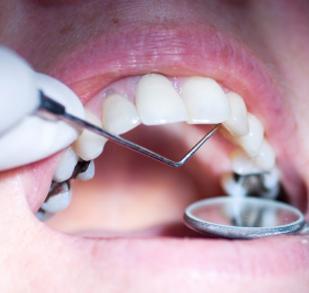Any fair-skinned person hears it all the time from their dermatologist and family physician: too much sunlight can cause skin cancer. But now British dermatologists say that while that's true, too little sunlight isn't good either. In fact, exposing the skin to sunlight may help to reduce blood pressure and thus cut the risk of heart attack and stroke.
by Heather Callaghan
It is almost impossible to get necessary amounts of vitamin D from our daily diet; a lot of people use megadoses of supplements.
UV-B radiation in sunshine is the most important factor in production of vitamin D – which is why so many people experience Seasonal Affective Disorder (SAD) in winter months and possibly, more cold viruses.
There are already established health connections to vitamin D and help with diabetes, autoimmune diseases, cancer, mood and much more. But evidence is mounting that vitamin D could be one of the most important factors in preventing heart disease, the number one killer in the U.S.
The trick is, there's a very important reason it must come from the sun, not just supplements.
More scientists are discovering the underlying mechanism of how sun-produced vitamin D is needed for all heart issues – blood pressure, circulation, hardened arteries and more.
Molecular biologist Olena Andrukhova and medical doctor Svetlana …
Vitamin D enhances the production of the enzyme eNOS (endothelial nitric oxide synthase) in the inner layer of blood vessels, the endothelium. This is critical for the regulation of blood pressure. The enzyme produces a molecule called nitric oxide (NO), an important factor for the relaxation of smooth muscles in the blood vessels. When too little NO is formed, the vessels become less flexible. This ultimately leads to higher blood pressure which can give rise to other circulatory diseases. So indirectly, vitamin D controls blood pressure.
This nitric oxide effect comes from vitamin D production from sunlight.
They genetically modified mice to block vitamin D signals and made sure they had all other nutrients necessary. After a year, they noticed increased blood pressure and a weakened yet inflexible aorta. There was a decreased expression of eNOS, increased collagen deposits and little elasticity. They plan to take this research into other cell types. (What a way to prove a theory…)
Institute board Professor Reinhold Erben states:
It is not that vitamin D deficiency will lead immediately to an increase in blood pressure amplitude or blood pressure, but over the long term it can lead to cardiovascular damage. Vitamin D is the chemical translation of the sun in our bodies and we should stock up on a regular basis, especially in winter. We have to remember that in Central Europe, vitamin D synthesis in the skin is physically impossible from November to February at sea level. Levels of UV-B radiation are just too low. The alternatives are vitamin D supplements or a stay in the mountains.
If this confirms that sunlight reduces the death rate from all causes, we will need to reconsider our advice on sun exposure.
Other scientists have connected the sun's effect on the heart to the body's circadian rhythm.





Leave a Reply